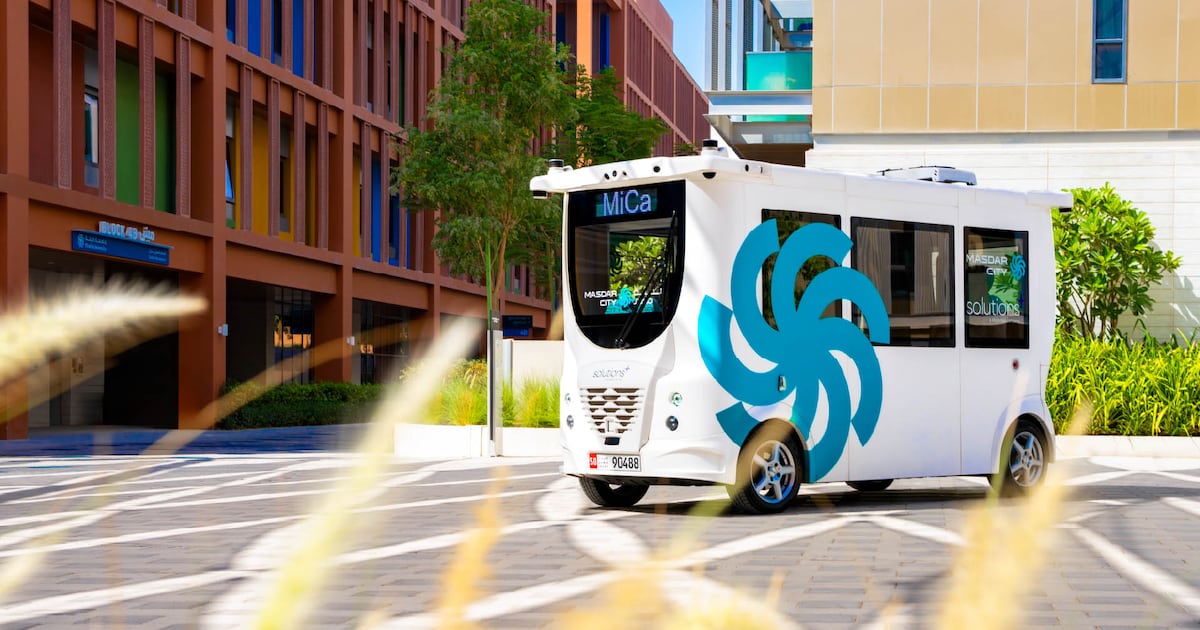When the UAE unveiled its campaign last month to become the “startup capital of the world”, it did so with striking clarity. Training 10,000 Emirati entrepreneurs, creating 30,000 jobs by 2030 and increasing the number of companies in the country to more than two million by 2031 are not abstract aspirations. They are measurable commitments. In a world where nations compete for entrepreneurial talent, the UAE has chosen to measure ambition with precision.
The UAE is already home to one of the most dynamic SME sectors in the region, contributing around 63 per cent of non-oil GDP. Yet, true success is not about the numbers alone, but about durability. What makes this campaign distinctive is its focus on the invisible but decisive elements of scaling: access to federal procurement, structured mentorship and a central digital platform to support collaboration. These mechanisms reduce friction, giving new companies the space to grow.
This matters because entrepreneurship thrives not only on bold ideas, but on design. When startups are connected to government supply chains, they gain the validation and revenues that underpin growth. When administrative steps are simplified, founders focus on innovation, not bureaucracy. When experienced mentors are embedded in the system, talent avoids being derailed at the first obstacle. Many countries neglect these details but the UAE is deliberately building them in from the start.

Inside Dubai’s $40m deep tech lab developing next generation contact lenses
Estonia’s own journey shows why such decisions matter. Thirty years ago, we rebuilt an economy with few resources but a strong belief in removing barriers. We introduced secure digital identities, moved government services online, and simplified tax and regulatory systems. These steps created a predictable environment where entrepreneurs could test ideas quickly and scale them with confidence. Today, a country of just 1.3 million people has produced more than ten unicorns and enjoys the highest start-up rate per capita in Europe.
In many ways, what the UAE is attempting mirrors the same principles, though at greater scale and with far more resources. By investing simultaneously in talent development and institutional infrastructure, it is embedding entrepreneurship into its national economic identity. Estonia has already worked alongside the UAE through trade missions and by formalising ties between Estonian technology companies and Emirati institutions – such as Auve Tech and Masdar – laying early groundwork for deeper collaboration as the UAE continues to build its startup ecosystem.
The cultural element of this campaign is also critical. Training a new generation of content creators focused on economics and entrepreneurship may appear peripheral, yet it recognises a powerful truth: narratives matter. In Estonia, the story has never been about one sector alone, but about the continuity of ambition. The success of Skype created a culture that produced a unicorn in Bolt, and today companies such as Skeleton Technologies and Stargate Hydrogen are pursuing global breakthroughs in fields as diverse as energy storage and clean hydrogen. By enabling Emirati voices to tell this story, the UAE is accelerating the cultural shift that sustains innovation.
Global challenges will remain, including access to financing, genuine openness in procurement and maintaining mentorship quality at scale. Ecosystems are complex, and no country is immune to the volatility of global funding cycles. Yet the UAE’s clarity of targets and coordination across institutions address two of the most common failings in national start-up strategies: vagueness of purpose and fragmentation.
Today, Estonia, a country of just 1.3 million people, enjoys the highest start-up rate per capita in Europe
For Estonia, the UAE’s path is both familiar and inspiring. Our role is not to prescribe solutions but to share lessons: that frictionless access, digital foundations, and regulatory trust are not luxuries but necessities. Applied consistently, they unlock the creativity and productivity of a nation. The UAE is now applying these principles in its own context, and the results have the potential to influence not only its domestic economy but also the entrepreneurial landscape across the wider region.
Entrepreneurship has always involved risk, but at a national level it is also a question of design. The UAE is designing with intent: establishing clear targets, embedding support systems, and ensuring that growth is rooted in the ingenuity of its people.
If ambition is the UAE’s trademark, and frictionless innovation Estonia’s, together we can set a global benchmark for how nations turn startups into sovereign advantage.
